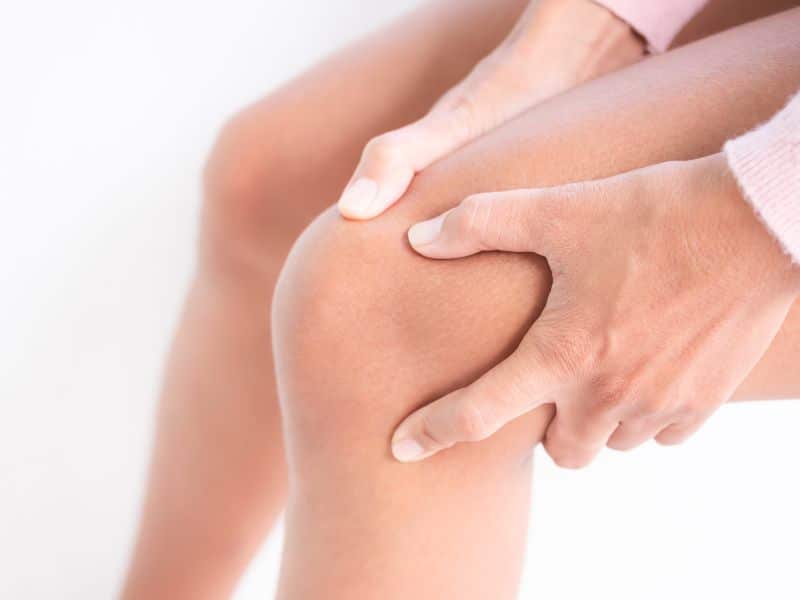Have your knees become a constant source of pain for you? Is knee pain hindering your ability to move freely and even affecting your quality of life? Does your pain persist despite the use of medication? Are you concerned that the next step may involve surgery? If so, there may be another treatment option that can help!
Many have found relief by means of knee pain injections rendered at Virgin Island Neurology. Schedule an appointment at our U.S. Virgin Islands office today to see if this could be the right solution for you.

Knee injections are used to inject medication directly into your knee joint. Depending on the severity of your pain, injections can be another conservative technique used to ease your pain and possibly delay the need for surgery.
Since there are various injection options available, your specialist will thoroughly review your medical history and circumstances to see if this would be the right solution for you.
There are different types of knee injections that a doctor may recommend to help you alleviate your pain. Below we will discuss three of them in detail.

Corticosteroid injections are one of the most common injections for knee joint pain, including osteoarthritis. Corticosteroids are powerful anti-inflammatory medications that can reduce pain, inflammation, and swelling. They can also delay your need for surgery.
Generally, specialists inject a small amount of anesthetic, in addition to corticosteroids, into your knee joint. The anesthetic can provide short-term but immediate relief. The anesthetic will wear off within a few hours, and it is normal if your knee joint pain returns. The corticosteroid begins to work two to three days later.
For some, a corticosteroid injection provides pain relief that lasts for many months. Others may not feel any relief after receiving an injection.
Specialists do not recommend more than two or three injections in one year for your knee. Frequent injections may cause the following side effects:
Additionally, using corticosteroids can increase your blood sugar levels. If you have certain metabolic conditions, such as diabetes, you may not be an eligible candidate for this injection.
Hyaluronic acid (HA) injections (also known as gel injections) are often used if corticosteroid injections cannot alleviate pain. If you have diabetes, HA may also be a better option because it does not raise blood sugar levels as corticosteroids can.
Your body naturally creates hyaluronic acid. It serves as a lubricant that allows your bones to move smoothly. It also acts as a shock absorber, decreasing pressure and friction within your joints. As you age, the amount of hyaluronic acid within your body decreases, especially if you have osteoarthritis.
Hyaluronic injections are injected into your knee to decrease pain and improve joint movement. A hyaluronic acid injection can be especially helpful in treating knee osteoarthritis.
It may take up to four weeks before you notice significant improvements after your hyaluronic acid injections. The results will vary from person to person, but the effects can last from two to six months. Your specialist may recommend this injection once every six months.
Hyaluronic injections can cause a temporary increase in inflammation within your joint. It has also been connected to post-injection pseudogout flare-ups.
Common side effects of knee injections may include the following:
It is important to remember that these injections are not a cure for knee osteoarthritis, and your pain may return. Additionally, these injections do not provide relief for everyone. If this is true in your case, your specialist may recommend another treatment to ease your discomfort.
After a knee injection procedure, physical therapy is often recommended by health specialists. This can help improve your mobility and strengthen the surrounding tissues that support your knee.
Knee injections have helped relieve pain for many who experience knee osteoarthritis pain. They can provide fast relief without the need for surgery, and with minimal side effects. However, before embarking on any injection-based therapy, it is important to consult a specialist.
If you are considering an injection to relieve your pain, schedule an appointment at Virgin Islands Neurology today! Our team of neurologists in the U.S. Virgin Islands can give you the answers you are looking for to choose the best treatment for your circumstances.

Schedule an Appointment
Address
Hours